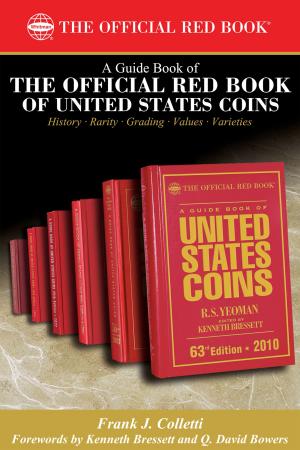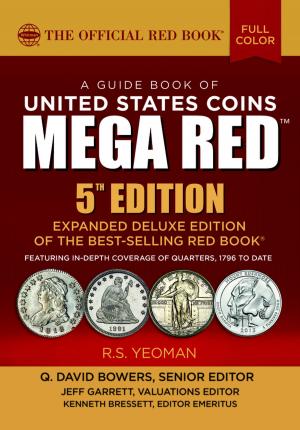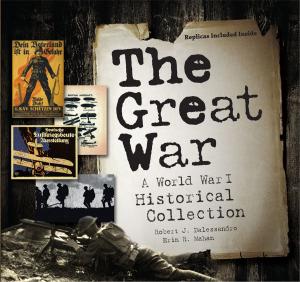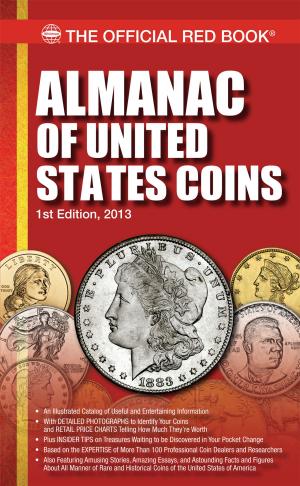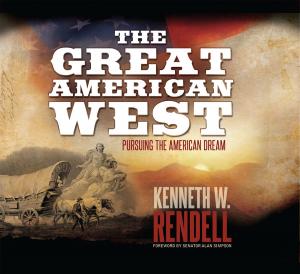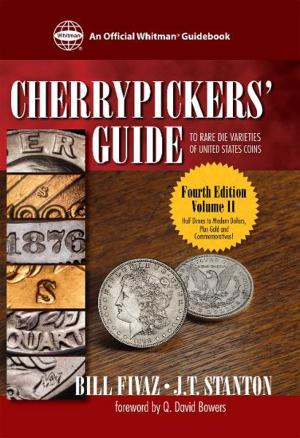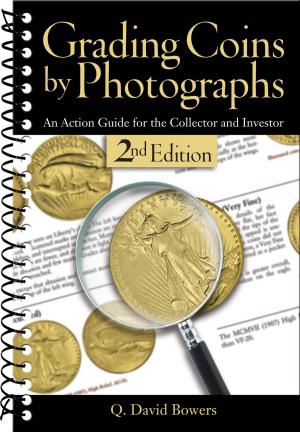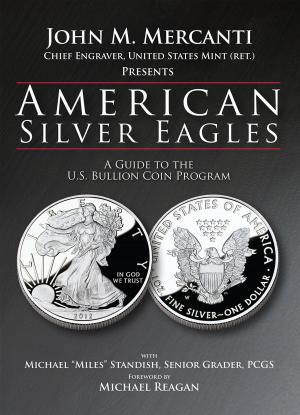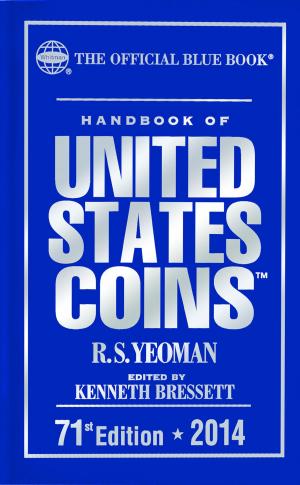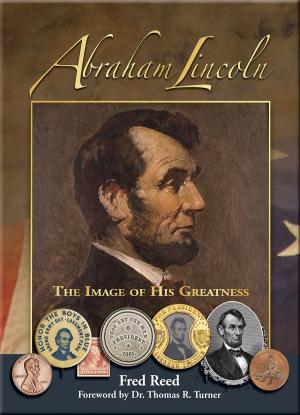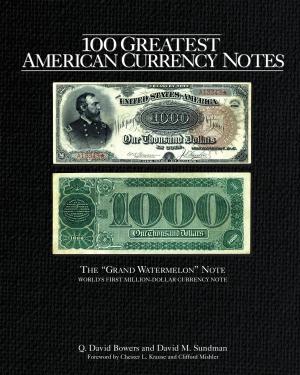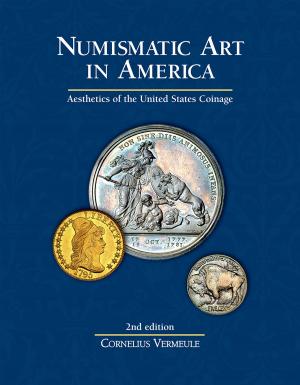Pictures From a Distant Country
Seeing America Through Paper Money
Nonfiction, Home & Garden, Antiques & Collectibles, Coins & Medals| Author: | Richard Doty | ISBN: | 9780794838706 |
| Publisher: | Whitman Publishing | Publication: | March 12, 2013 |
| Imprint: | Whitman Publishing | Language: | English |
| Author: | Richard Doty |
| ISBN: | 9780794838706 |
| Publisher: | Whitman Publishing |
| Publication: | March 12, 2013 |
| Imprint: | Whitman Publishing |
| Language: | English |
Everyone knows there is only one form of American currency—the greenback—and that it’s issued by the federal government. But this arrangement has not always been the rule: for much of our nation’s history there was no federal currency in circulation. Instead, currency was issued by private banks and other businesses. These pieces of private money, called obsolete bank notes, form the basis of this outstanding new book by Richard Doty, senior curator of the Smithsonian’s National Numismatic Collection. What do the designs and images on these notes tell us about the United States of the 1800s? How did we Americans view women, children, family, the workplace, racial minorities, new technology? Can these obsolete bank notes serve as “pictures from a distant country”—snapshots from the United States of yesteryear? Hundreds of detailed images of these private notes illustrate Doty’s engaging text. Pictures From a Distant Country is a must-read for every collector, and for anyone interested in our nation’s colorful past.
Everyone knows there is only one form of American currency—the greenback—and that it’s issued by the federal government. But this arrangement has not always been the rule: for much of our nation’s history there was no federal currency in circulation. Instead, currency was issued by private banks and other businesses. These pieces of private money, called obsolete bank notes, form the basis of this outstanding new book by Richard Doty, senior curator of the Smithsonian’s National Numismatic Collection. What do the designs and images on these notes tell us about the United States of the 1800s? How did we Americans view women, children, family, the workplace, racial minorities, new technology? Can these obsolete bank notes serve as “pictures from a distant country”—snapshots from the United States of yesteryear? Hundreds of detailed images of these private notes illustrate Doty’s engaging text. Pictures From a Distant Country is a must-read for every collector, and for anyone interested in our nation’s colorful past.

